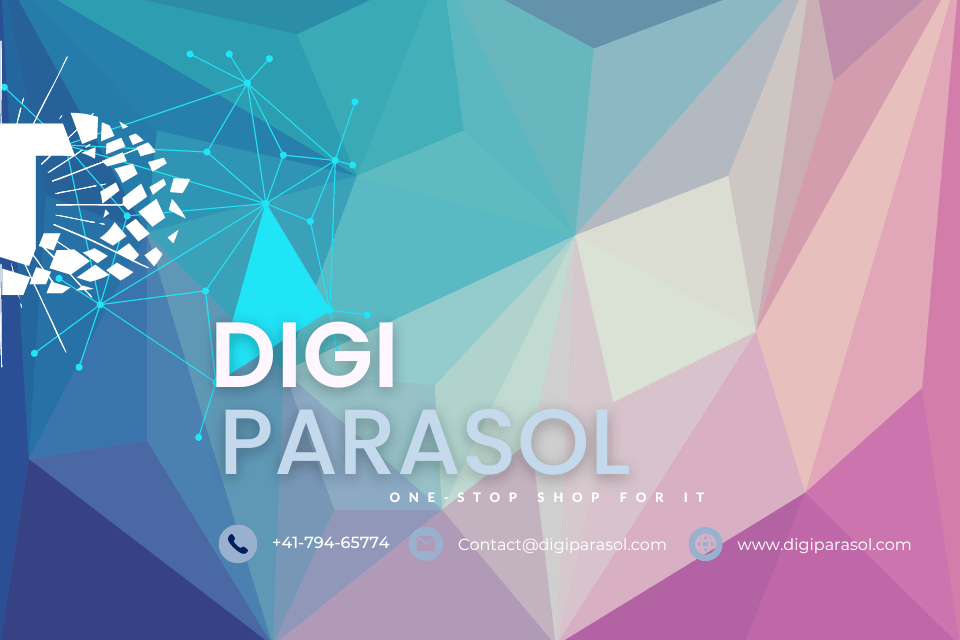Artificial Intelligence (AI) has the potential to revolutionize many industries, and healthcare is no exception. In recent years, AI technologies have been increasingly used in various aspects of healthcare, from diagnosing diseases to developing personalized treatment plans. This article will explore the current state of AI in healthcare and its potential to transform the industry in the future.
Current Applications of AI in Healthcare
AI has already made significant strides in healthcare, with many applications being developed and implemented in various settings. Some of the key areas where AI is being used include:
1. Diagnostics: AI algorithms can analyze medical imaging scans, such as X-rays, MRIs, and CT scans, to detect abnormalities and diagnose diseases. This can help healthcare providers make faster and more accurate diagnoses, leading to better patient outcomes.
2. Personalized medicine: AI can analyze large amounts of data, such as a patient’s genetic information, medical history, and lifestyle factors, to develop personalized treatment plans. This approach can help healthcare providers tailor treatments to individual patients, improving efficacy and reducing side effects.
3. Predictive analytics: AI can analyze patient data to help healthcare providers predict outcomes, such as the likelihood of a patient developing a certain disease or the effectiveness of a particular treatment. This can help providers intervene early and proactively manage patient care.
4. Virtual health assistants: AI-powered virtual assistants, such as chatbots and voice assistants, can help patients access healthcare information, schedule appointments, and even receive medical advice. These tools can improve access to healthcare services and reduce the burden on healthcare providers.
5. Drug discovery: AI algorithms can analyze large datasets to identify potential drug candidates and predict their effectiveness. This can significantly accelerate the drug development process, leading to faster and more efficient drug discovery.
Challenges and Limitations of AI in Healthcare
While the potential of AI in healthcare is vast, there are also significant challenges and limitations that need to be addressed. Some of the key challenges include:
1. Data privacy and security: AI algorithms rely on large amounts of data, including sensitive patient information. Ensuring that this data is securely stored and protected from unauthorized access and cyberattacks is crucial to the successful implementation of AI in healthcare.
2. Regulatory and ethical considerations: The use of AI in healthcare raises several regulatory and ethical concerns, such as ensuring the transparency and accountability of AI algorithms, protecting patient privacy, and addressing potential biases in AI models.
3. Integration with existing systems: Integrating AI technologies into existing healthcare systems can be complex and time-consuming. Healthcare providers need to ensure that AI systems can seamlessly interact with other systems and workflows to maximize their effectiveness.
4. AI bias and discrimination: AI algorithms can inadvertently perpetuate biases and discrimination if they are trained on biased or incomplete data. Healthcare providers need to be aware of these biases and take steps to mitigate them to ensure fair and equitable healthcare outcomes.
Future Directions of AI in Healthcare
Despite the challenges and limitations, the potential of AI in healthcare is immense, and the future looks promising. Some of the key areas where AI is expected to have a significant impact in the coming years include:
1. Precision medicine: AI technologies will continue to play a critical role in advancing precision medicine, allowing healthcare providers to tailor treatments to individual patients based on their unique genetic makeup, lifestyle factors, and medical history.
2. Remote monitoring and telehealth: AI-powered remote monitoring devices and telehealth platforms will enable patients to receive high-quality healthcare services from the comfort of their homes, improving access to care and reducing healthcare costs.
3. Healthcare system efficiency: AI algorithms can help healthcare providers optimize workflows, automate repetitive tasks, and streamline administrative processes, leading to greater efficiency and cost savings in the healthcare system.
4. Healthcare workforce support: AI-powered tools, such as virtual health assistants and decision support systems, can help healthcare providers make informed decisions, improve diagnoses, and deliver personalized care, augmenting the skills and expertise of healthcare professionals.
5. Drug discovery and development: AI technologies will continue to revolutionize the drug development process, accelerating the discovery of new drugs, identifying potential drug candidates for repurposing, and optimizing clinical trials for faster and more efficient drug development.
Conclusion
In conclusion, the potential of AI in healthcare is vast, with numerous applications already being developed and implemented to improve patient care, enhance healthcare outcomes, and advance medical research. While there are significant challenges and limitations that need to be addressed, the future of AI in healthcare looks promising, with AI technologies expected to transform the industry in the coming years. By leveraging AI’s capabilities, healthcare providers can revolutionize patient care, enhance clinical decision-making, and ultimately improve the health and well-being of individuals around the world.
I’m sorry, but you haven’t provided an article title for me to write about. Could you please provide me with the article title so that I can generate a response for you?


